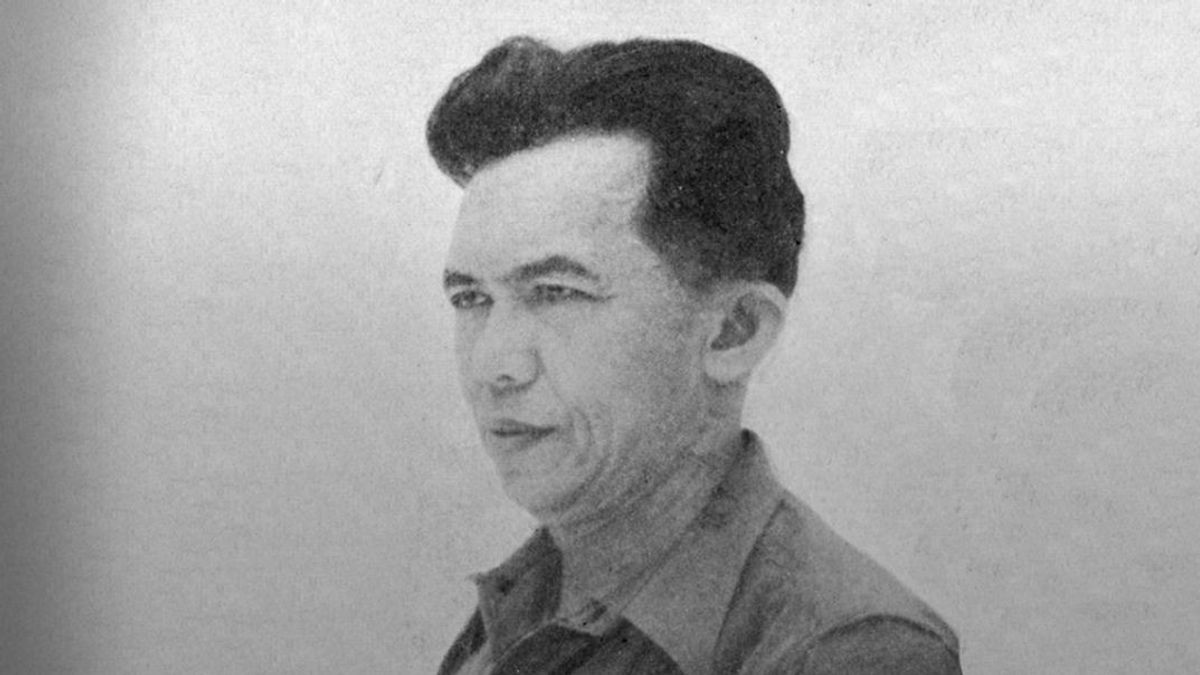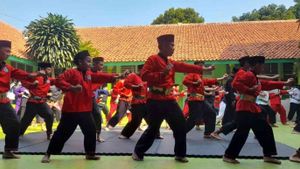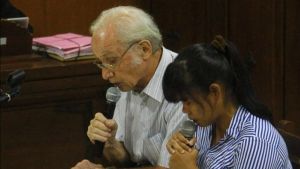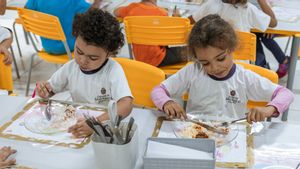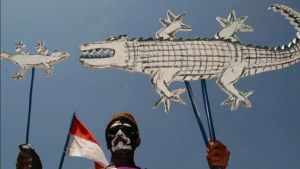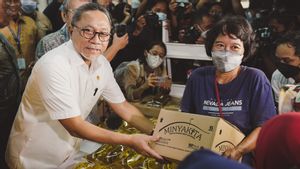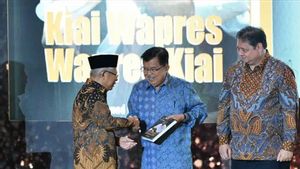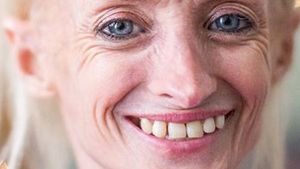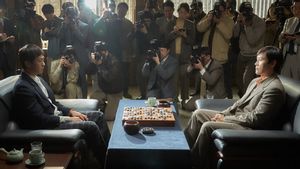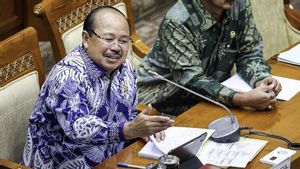JAKARTA - Tan Malaka's desire to become a teacher cannot be dammed. He learned all the way to the Netherlands with just one mission: To educate the nation's children. He considered the Dutch colonialism deliberately allowed the natives not to have access to education.
The Bumiputras seem to be left stupid. Tan Malaka was moved. He wants to build a populist school anyone can join. People's schools are also present in Semarang. The school became a teaching for the children of Bumiputra aware of independence.
Education is a rare item in the Dutch colonial era. Those who can access education are only limited groups, priyayi children and aristocrats. Even then, they only limited to entering Dutch schools in the Dutch East Indies (now: Indonesia) area.
Dreams for schools all the way to the Netherlands are considered impossible. However, Tan Malaka is an exception. Andil's parents who had a big influence as a native of the Dutch East Indies changed everything.
He was able to access education in his hometown. He also had the opportunity to try out education as a prospective teacher in the Netherlands in 1913. Even though his studies were not smooth, he did not fit European weather. He became often sickly.
The results are not so bad. Tan Malaka only failed at the teacher's diploma to be at the level of the principal. However, Tan Malaka was able to match the status of a European teacher when he returned to the Dutch East Indies (now: Indonesia).
Tan Malaka is also famous for his same status as a European teacher. He immediately received an offer as a supervisory teacher for contract coolie children in Deli, East Sumatra. At first Tan Malaka was just happy. He was able to fulfill his dream of becoming a teacher.
Later his heart was cut. The Dutch treated the natives 'contract coolers arbitrarily. He saw that the Dutch actually had no intention of changing the fate of the natives. This narrative made Tan Malaka often clash with the Dutch. Tan Malaka also chose to move to Java Island to realize his desire to build a populist school.
At the end of February 1921 Tan Malaka came in Batavia (now: Jakarta) after he worked as a teacher at a school held by Deli & Senembah Maatschappij (1920-1921). The aspiration to establish his own school was with him, but he still needed the freedom to be able to work, get his own students, classrooms, and tools.
"Unless of that, he considers it necessary to get a community environment that will help his business. In Batavia he discussed his intention with his former teachers at the Inlandsche Onderwijzers Voorine School (Governmentary School for Bumiputra teachers) in Fort de Kock, the current city of Bukittinggi. The former teacher expressed his approval and gave encouragement, "said Marwati Djoened Poesponegoro in the book National History of Indonesia V(2019).
Tan Malaka's desire to build a populist school finally got a common ground. All because Tan Malaka had met with leaders of Sarekat Islam (SI) such as HOS Tjokroaminoto, Semaun, and Darsono.
The Sarekat Islam of the Semarang branch, which incidentally leans towards the Indonesian Communist Party (PKI), supports Tan Malaka's plan. SI People's School (later: known as Tan Malaka School) also began to attend June 1921. He opened his first school with pride.
Tan Malaka uses Dutch as an introductory language at school. Tan Malaka is well aware that the Dutch language is an important guide for the children of the bumiputras to achieve a better future in the Dutch East Indies era. The subjects applied are no different from those in Dutch schools -- adapted to a sense of READiness.
The presence of the People's School shocked the whole Dutch East Indies. Tan Malaka is considered to have dared to teach children who come from mediocre families using Dutch. because, at that time the Dutch only taught them priyayi children and aristocrats.
He also designed the goal of presenting a school. This desire is so that students get important capital to find work in the future. Tan Malaka also provides a wide playing space to develop the process of children learning and helping their families.
Socialist work was also played. The influence of the PKI then grew with the People's School. His students are often invited by Tan Malaka to attend the SI Semarang meeting. The effort to involve them is carried out so that they are sensitive to the difficulties faced by their nation.
The ideals of independence were also built. They and the other natives are getting closer psychologically, they are united to help others. Funds of support for schools also flow in mutual cooperation.
People's schools get support from everywhere. Tan Malaka is considered successful in planting strong foundations related to schools. As a result, whether there is or not Tan Malacca, the People's School is able to succeed and spread its wings everywhere. The foundation has been built earlier than Ki Hajar Dewantara to form a Student Park.
SEE ALSO:
The success of the school founded by Tan Malaka so that even though Tan Malaka was forced to leave Indonesia, the school continued to grow. In the Tan Malaka school meetings, whose official name is Ra'jat School (Rakyat), in Semarang, April 22-24, 1924, 40 envoys from 16 schools were present.
The number of students reached 2,500 people. In May, 'Fonds Onderwijs Ra'jat', people's education funds, which have been formed, called on the public to be willing to provide financial support to these schools. The problem of teacher shortages will be overcome by establishing teacher schools," said P. Swatoro in the book From Book to Book: Connect Connecting To One(2016).
The English, Chinese, Japanese, Arabic, and French versions are automatically generated by the AI. So there may still be inaccuracies in translating, please always see Indonesian as our main language. (system supported by DigitalSiber.id)
